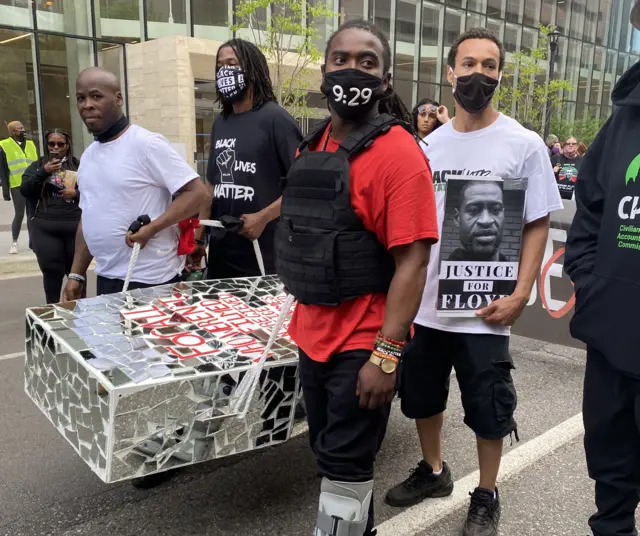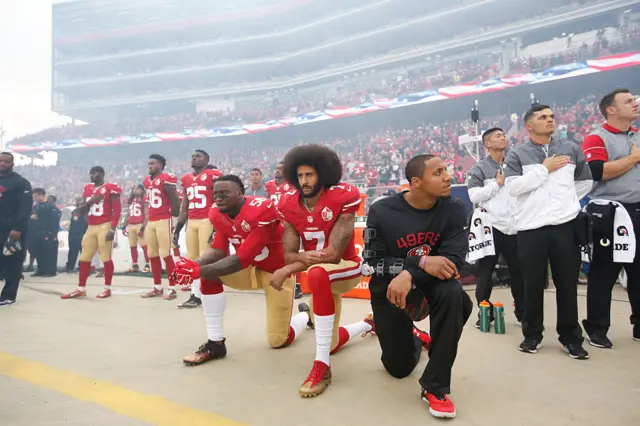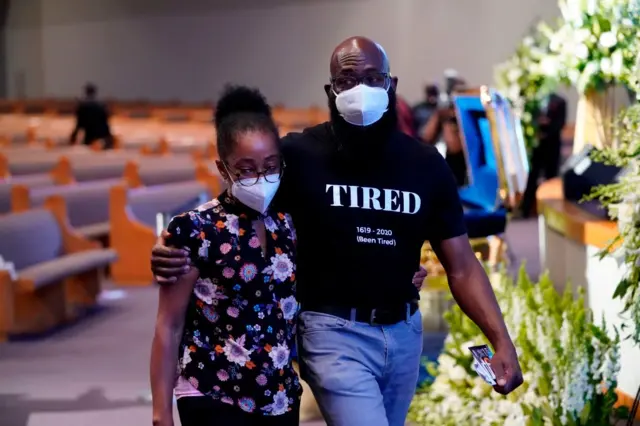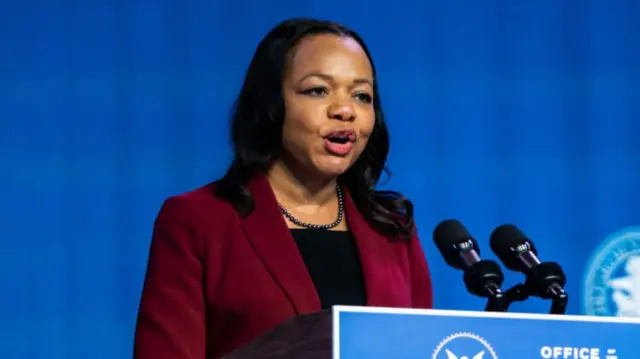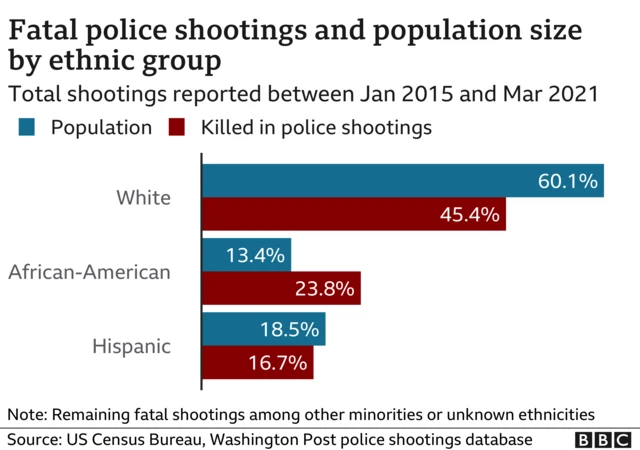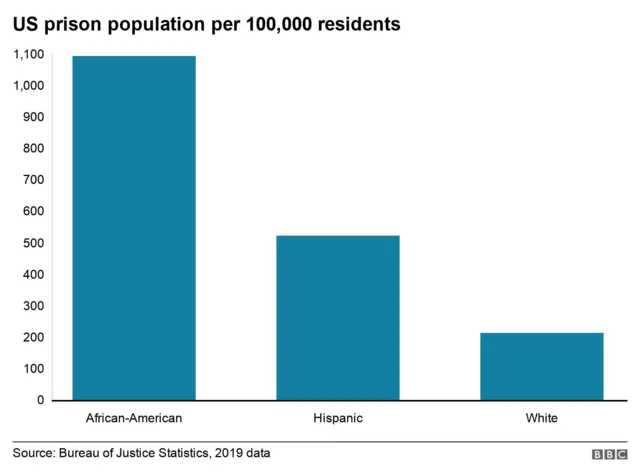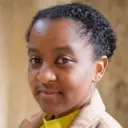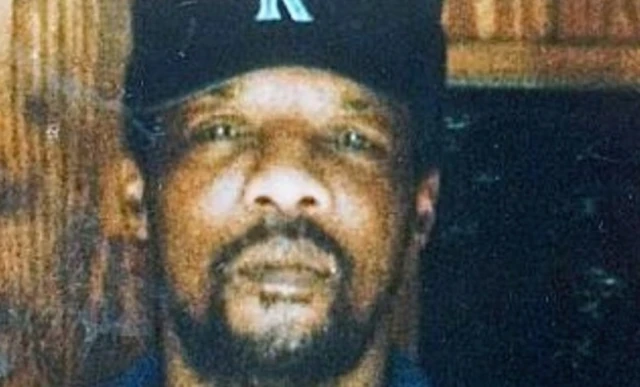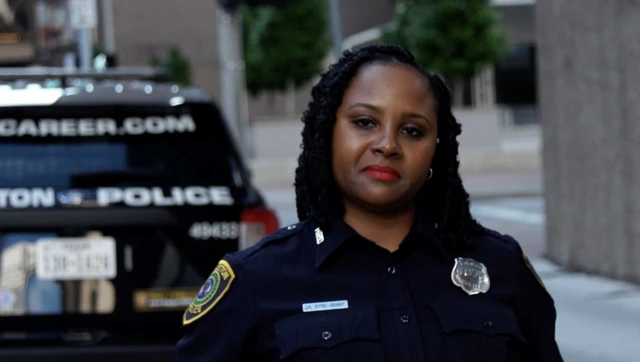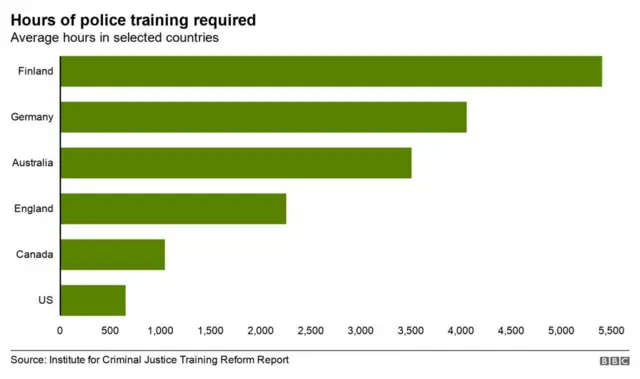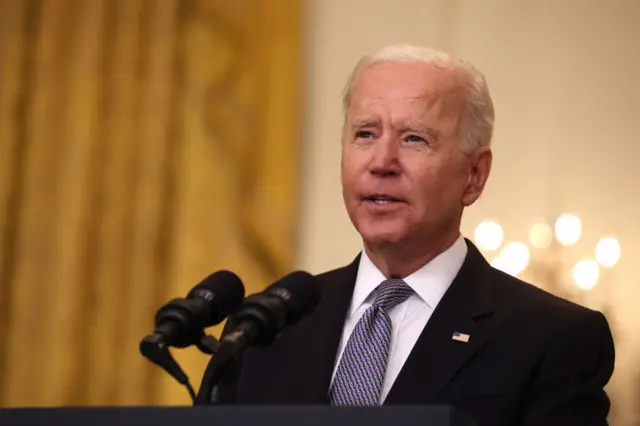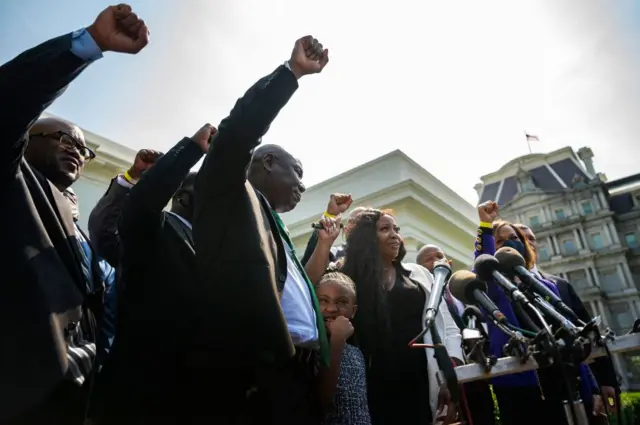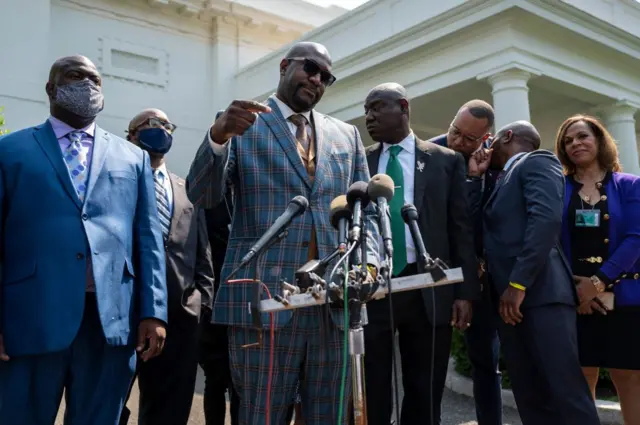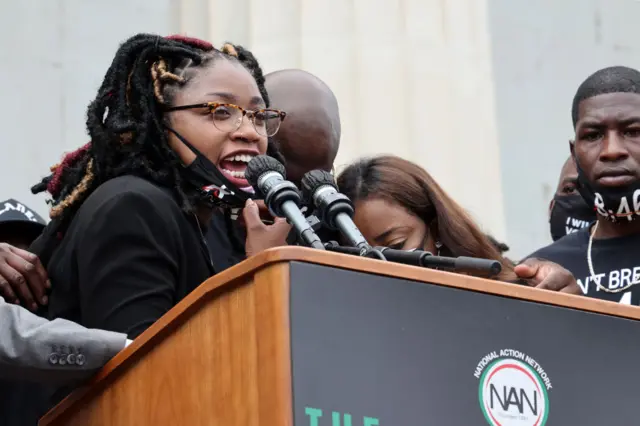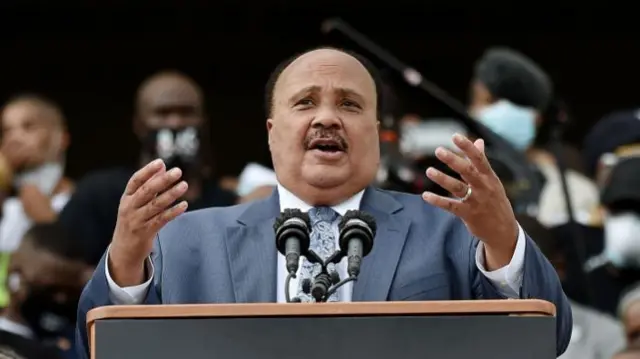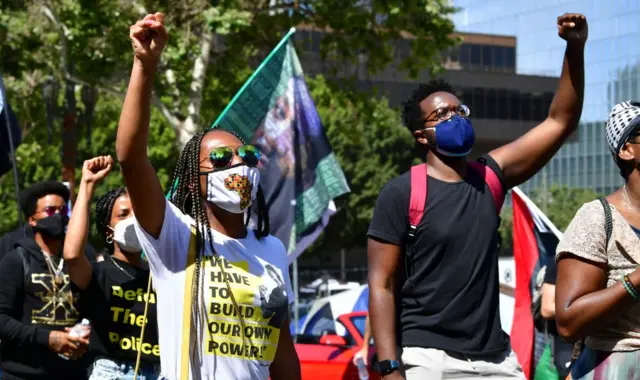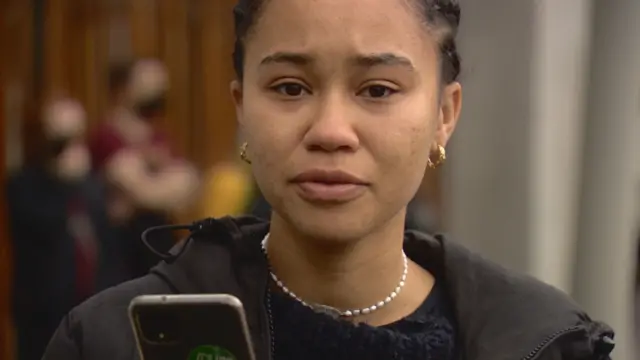Thanks for joining uspublished at 23:04 BST 25 May 2021
That wraps up our coverage of the anniversary of George Floyd's death. His murder by a police officer last year sparked global protests and altered perspectives on race and policing.
- Events have been taking place around the US, including in Houston where Floyd was buried, and in Minneapolis where he died in an arrest last year
- In Washington, members of Floyd's family met Democratic leaders, as well as President Joe Biden and Vice-President Kamala Harris
- Gunfire erupted at a memorial to Floyd near the Minneapolis block where he was killed. The suspected gunman sped away from the scene, police say. Shortly afterwards, a person arrived at a nearby hospital with a non-life-threatening gunshot wound. No motive for the shooting has been disclosed
- Vigils and demonstrations have taken place through the day, including in London, Glasgow and Edinburgh
- The memorials come as a police reform bill named after Floyd stalls in Congress. Democrats say they are hopeful a bill may still be passed.
Our live coverage was provided by Ritu Prasad, Marianna Brady, Holly Honderich, Max Matza and Mal Sirat
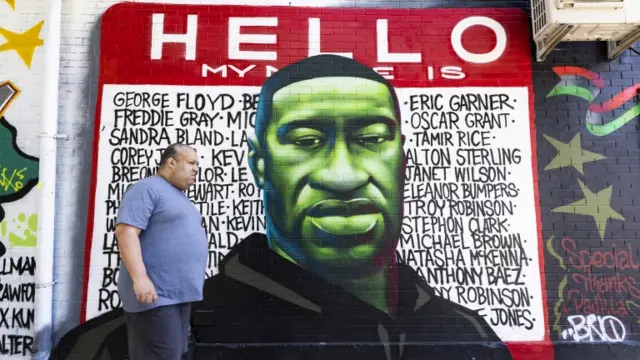 Image source, EPA
Image source, EPA
